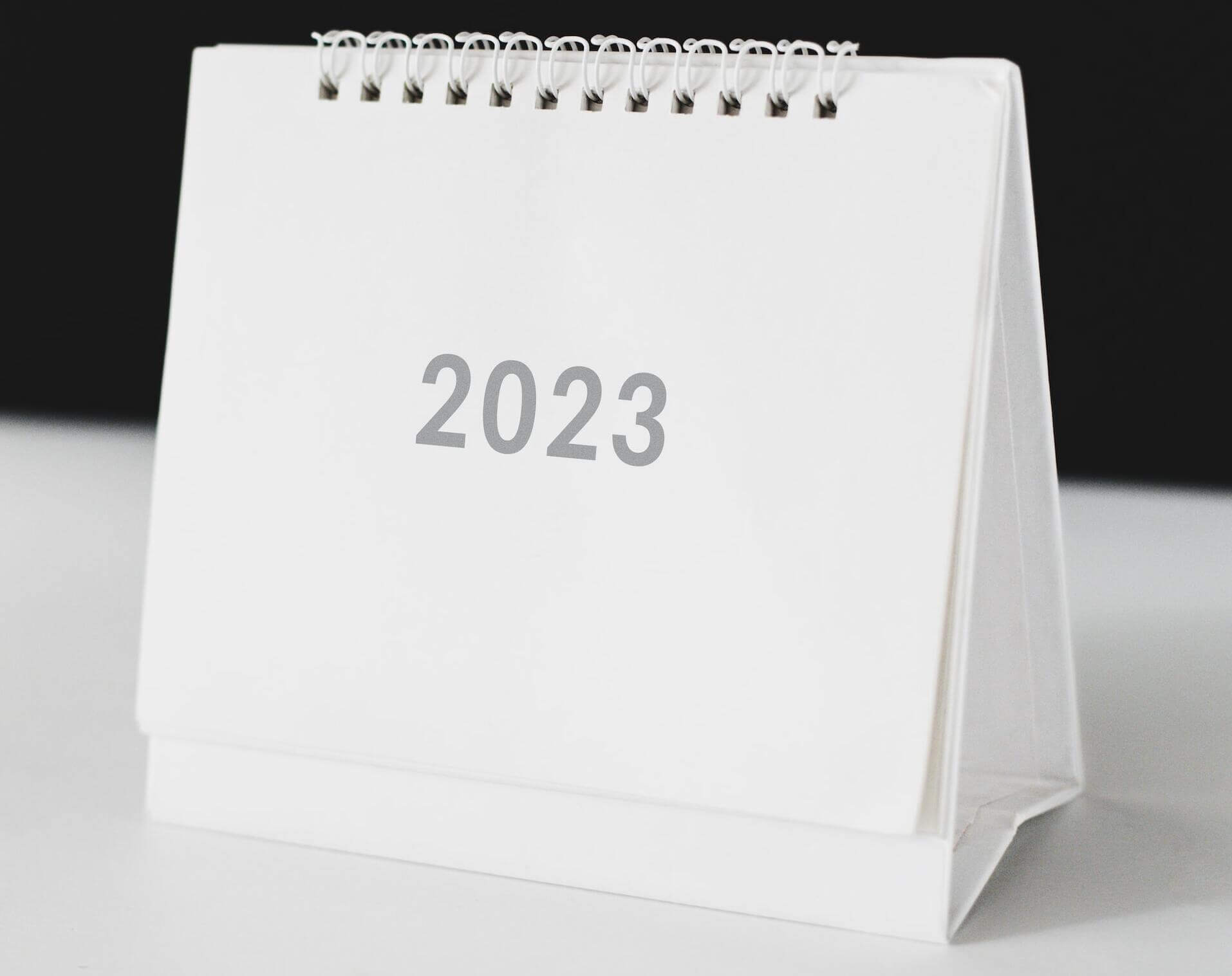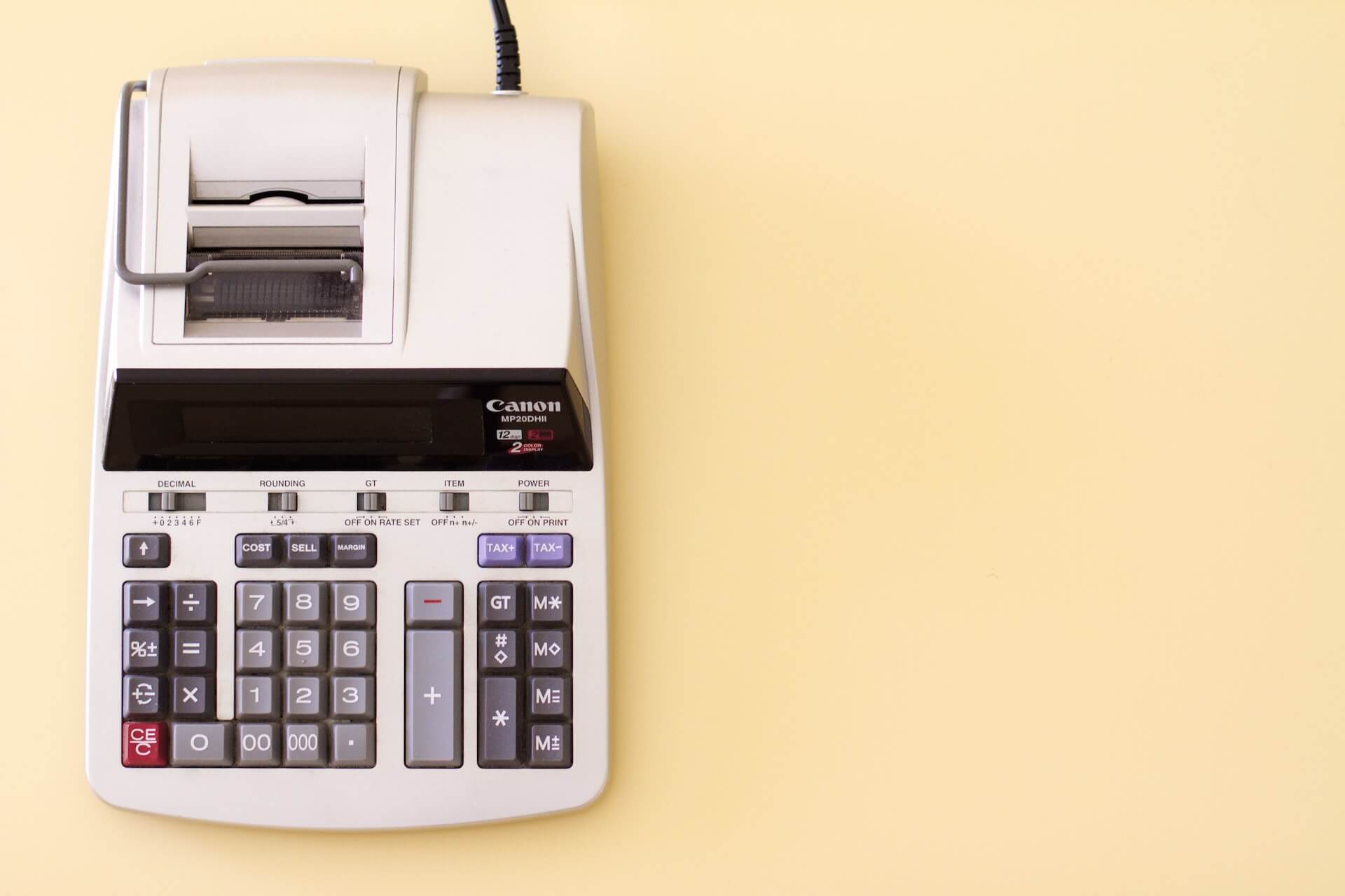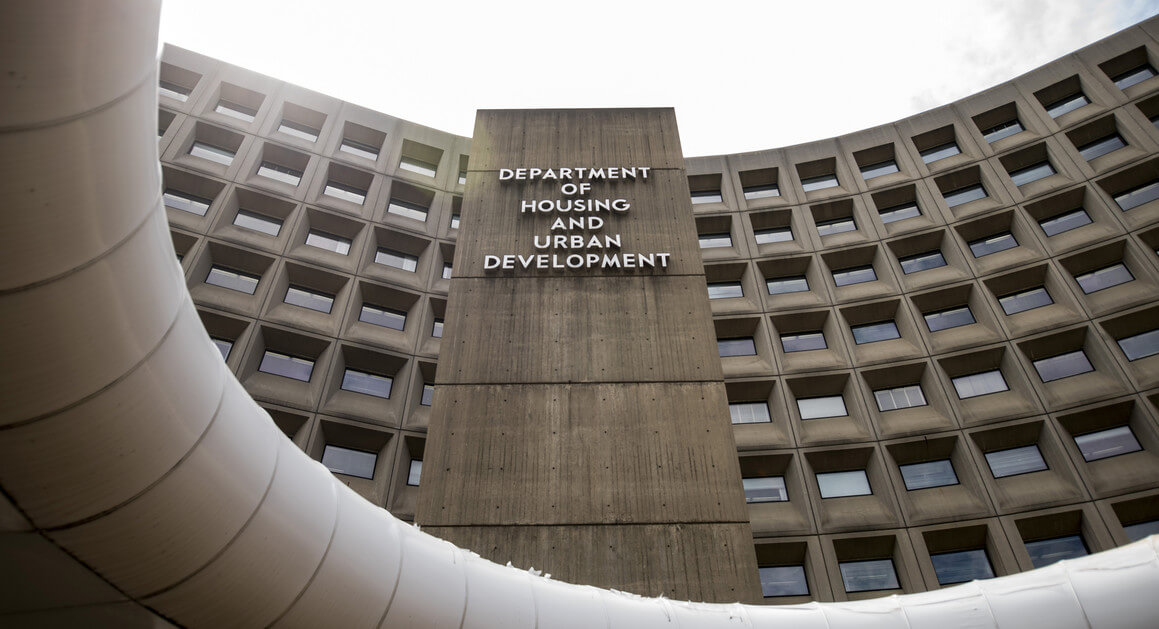

Resolutions to improve your rental business, cauterize risk, grow your wealth, and make intelligent business decisions.
![]()


I will ensure that all tenants sign the mold addendum to my up-to-date lease agreement.
California rental housing providers must furnish a booklet educating prospective residents on dampness and mold in rental units. You can download it here.
Although this information must be provided prior to the inception of the rental relationship, we advise clients to also hand over this information to residents when a tenancy is renewed.
In the event the tenant claims a mold infestation or a respiratory condition, we want to ensure that our clients have done their due diligence by engaging in the outreach required by law.


I will be fair, reasonable, and thorough when handling security deposit accounting.
Rest assured that one of the first things on the minds of outgoing tenants - even before figuring out how to move that giant sofa down the stairs - is if and when they will have their security deposit returned. In fact, disputes over security deposits are the top reason landlords are dragged into small claims courts by their tenants.
We want our clients to be methodical and transparent when handling security deposits and also keep in mind that in certain jurisdictions, the landlord is required to put the security deposit in an interest-bearing account.
Deductions can only be made in order to:
(1) Repair damages to the premises, not including ordinary wear and tear, caused by the tenant or by a guest or licensee of the tenant.
(2) Clean the premises to return it to the same level of cleanliness it was when the tenant moved in.
(3) Restore, replace, or return personal property or appurtenances, exclusive of ordinary wear and tear, if the lease authorizes this use of the security deposit.
(4) Unpaid rent
The condition of the property should be meticulously documented, line-by-line, in an inspection prior to the tenant moving in and another inspection before the end of the tenancy. A gaping question is what constitutes "normal wear and tear" and what is damage the tenant inflicted because of neglect or recklessness.
To answer that riddle, you can turn to our security deposit deduction guide. There are many other rules regarding security deposits and we urge our community to familiarize themselves with them.


I will not summarily reject a proposed tenant applicant who informs me that the applicant has a Section 8 subsidy.
Landlords cannot discriminate on the basis of source of income and in 2022, many owners learned this the hard way by getting a "shakedown" letter demanding the ignorant landlord to pay a lot of money or risk an even costlier housing discrimination lawsuit.
Although landlords are not required to rent to prospective tenants who have a housing voucher, they cannot state that the reason for denying the tenancy is because a housing voucher is undesirable or there is a blanket policy of not renting to people who participate in the Section 8 program.
We covered this barn burner topic in an earlier webinar.


I will monitor my rental unit to ensure I know if there are unauthorized occupants or subtenants in possession of my unit.
The swapping of roommates has always been a game of musical chairs, but what we saw during the pandemic was people moving in with others out of economic necessity, and later an unbundling of households as society returned to normal and moved out. It's gotten to the point where many landlords do not even know who is living in their rental units.
Another byproduct of COVID is remote work. Given the opportunity to work anywhere their heart desires, many tenants escaped the high rents of the Bay Area and sublet the prior abode they once called their primary residence.
We need to understand who is living in the rental unit and take action when there are unfamiliar faces but we also have to be mindful of a tenant's right to "quiet enjoyment" of the premises. Landlords are reminded that barring an emergency, they need a permissible reason to enter the rental unit and then, only with proper notice.


I will inspect the roof prior to the next winter/rainy season
Landlords, of course, have the responsibility to ensure the rental property is safe and liveable and according to California Code 1941.1, this includes "effective waterproofing and weather protection of roof and exterior walls."
A bad, leaky roof will create colossal problems, so we'd like to see all owners add roof inspection to their annual maintenance checklist and make repairs before a roof replacement sneaks up on you.
If a tenant alerts you to a leak or discoloration in the ceiling, take it off of the annual to-do list and respond immediately.


I will not download generic, stale lease agreements off of the Internet.
A recurring theme of our practice has been the use of obsolete, non-compliant lease agreements and this has become especially problematic during the pandemic with specialized notice requirements.
Maybe 15 years ago you could download a lease agreement and be reasonably comfortable with it, but this is no longer the case.


I will look at the length of my leases.
In 2020, we thought we would be spending a lot of our time educating clients about statewide rent and eviction controls ushered in by the Tenant Protection Act of 2019 (AB-1482) but this law got overshadowed by COVID-related tenant protections. As the pandemic becomes the endemic, we now pivot back to this statute.
If the property is subject only to state law and not more restrictive, local protections, consider offering a lease that is less than a year. For example, a six-month or 10-month lease. Why? The protections afforded to tenants under AB-1482 only apply when he or she has occupied the rental unit for 12 months or more.
In a "honeymoon" or trial period, landlords can gauge the excellence of the tenant.
For those of you in San Francisco renting Intermediate Length Occupancy (ILO) units, or “corporate rentals,” there is a new requirement that these transient guests are offered a 12-month lease. However, we suggest a clause in the lease that allows the tenant the ability to break the lease prematurely without penalty, a topic we took on here.


I will ensure compliance with any rent registries that surround my properties.
There are some of you who are already subject to local rent registry requirements. Others will soon be facing a new regulatory regime.
Take San Francisco, for instance. Owners with 10 or fewer units will have to report certain information to the Rent Board by March 1, 2023.
Oakland is developing a rent registry of its own, with all rental units subject to the Rent Program required to register by March 1, 2023. This includes units covered by the Rent Adjustment Ordinance, the Just Cause Eviction Ordinance, or both.

If I am renting out my unit on a short-term rental platform like Airbnb or considering doing so, I will have Bornstein Law review my agreements and insurance coverage.
It’s been said that the Internet is the biggest experiment in anarchy that humanity has ever had. When Airbnb was born on our home turf of San Francisco, we predicted the law would catch up with technology, and it certainly did with increased regulations. Yet anarchy, to a large extent, remains.
We’ve found that there is a love-hate relationship with short-term rentals. Some homeowners are too nervous to rent to strangers that they don’t know from a can of paint. Other nomadic hosts are enthralled by the opportunity to earn extra money, while still others rely on the income to make ends meet.
Short-term rental platforms have an army of lawyers that are good at muddling the terms of the agreement. Many hosts get what we call a false sense of bravado. There is a revolving door of guests that goes on with no accidents or incidents. Everything goes just fine, the owner of the property becomes complacent, but then, without warning, someone falls down the stairs, drowns in a pool, or there is some sort of another unexpected event that invites liability.
Are hosts areally protected if an "Assumption of Risk" or "Release of Liability" provision exists?
If you are a host or considering taking the plunge in using your property as the modern-day version of the temporary flop, let’s review your agreements and insurance policies to ensure you are protected.


I will monitor Bornstein Law’s social media updates to keep informed of new laws and regulations germane to my landlording or real estate business.
There is a deluge of new rules and it's like taking a drink out of a fire hose. Our firm is committed to breaking the legal landscape down in an easily digestible fashion. Stay dialed into our email broadcasts and posts on social media to keep abreast.
Sure, there are a few bad apples. Yet most of the legal problems that landlords run into are not because of bad faith or ill intent, but an ignorance of the law.
There is a special place in our hearts for small, mom-and-pop landlords who are particularly susceptible to slipping up and making mistakes in a complicated regulatory regime.

